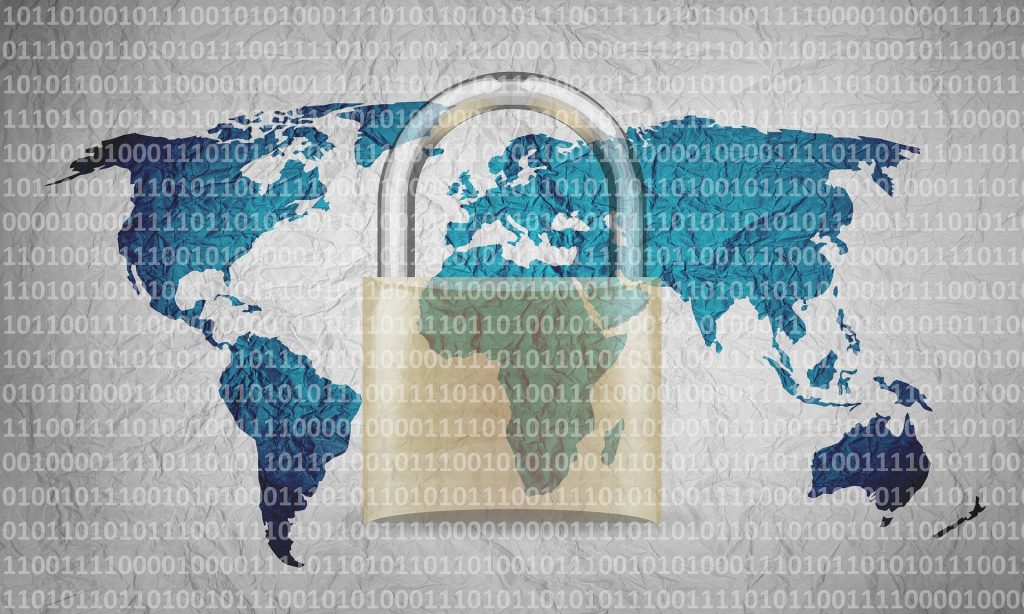
The South Carolina Conference is reminding its members and employees to be vigilant and cautious in dealing with email, social media and other forms of electronic communications.
People with malicious intent frequently try to compromise our trust by spreading misinformation and attempting phishing and other scams. We are aware of recent examples of such scammers fraudulently presenting themselves as conference officials.
One common – and sadly, effective – way to do this is to send an email to you that appears to be from someone you trust and asking you to share information or send money for what might appear to be a valid reason.
In the extreme, a practice called “phishing” involves sending such emails in an effort to persuade the recipients to reveal personal information, such as a password, Social Security number, or credit card information.
Some will encourage you to click on a hyperlink, which could open a fraudulent website or download a malicious computer virus that could corrupt a system or destroy data.
Conference officials strongly recommend following safe email practices such as:
- Using your conference-issued email address (name@umcsc.org), which provides a greater level of security for your communications and helps others better recognize that it’s actually you with whom they are communicating.
- Don’t open emails from someone you don’t know or trust. If it seems fishy, it probably is. Report the message as spam.
- If you receive a suspicious email that appears to be from a friend, verify that it is coming from their email address. Often the suspicious email comes from an unfamiliar address even though the name of the sender or even the contents of the email appear to be from someone you know.
- Avoid sending any sensitive information over email. When you send a message, you no longer have control over what is done with it or to whom it is forwarded. Legitimate companies would never ask for personal information in an email.
- Never open an attachment within an email from a company or person you don’t know (or that you were not expecting). Attachments may contain viruses, which can seriously damage your computer. Drag these emails to your spam folder.
- Never reply to or click on links inside suspect emails. Replying to, clicking on links within, or even unsubscribing from spam emails typically only informs the sender that they have found an active email address to which they’ll send more spam emails. Instead, report the message as spam.
- Use a spam filter, which will keep spam emails out of your inbox or flag them.
- Install and maintain good and well-respected anti-virus software on your computer to prevent infection. Scan all email attachments with a virus program before downloading/executing any, even if they come from someone you know.
- Change your password frequently (at least every two months) and don’t share it with anyone. Use a mix of letters and numbers, as those passwords are harder to break.
